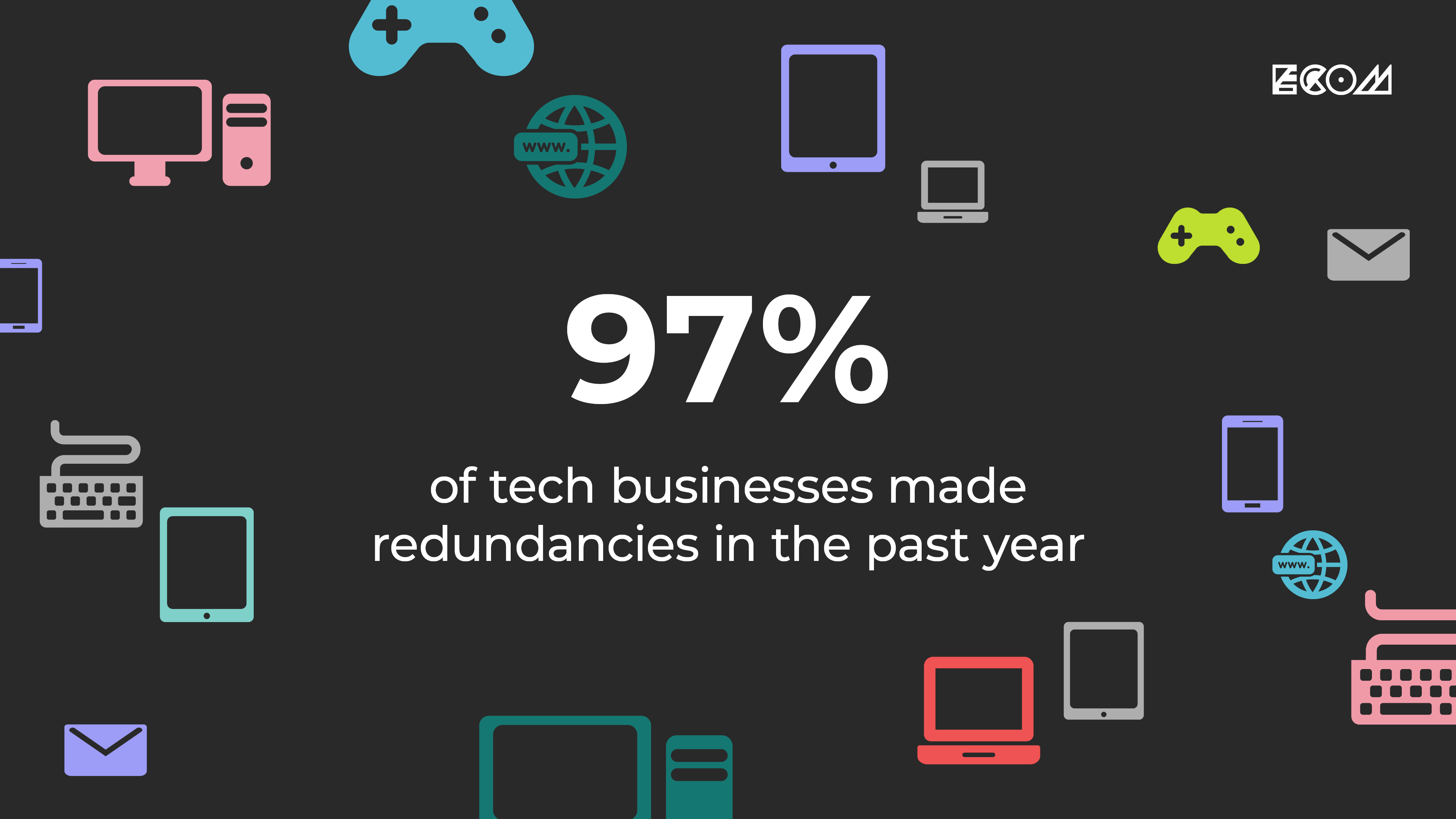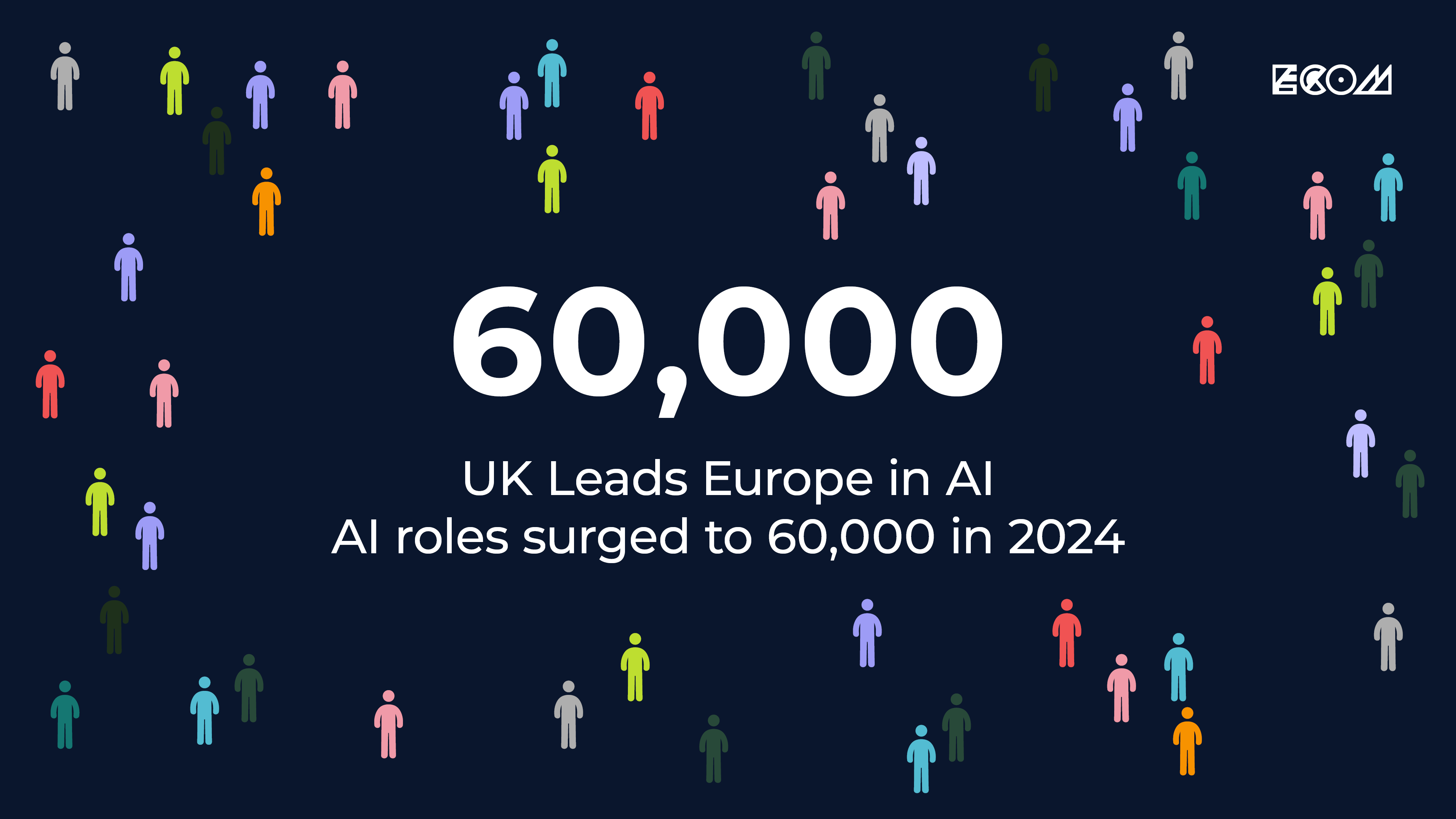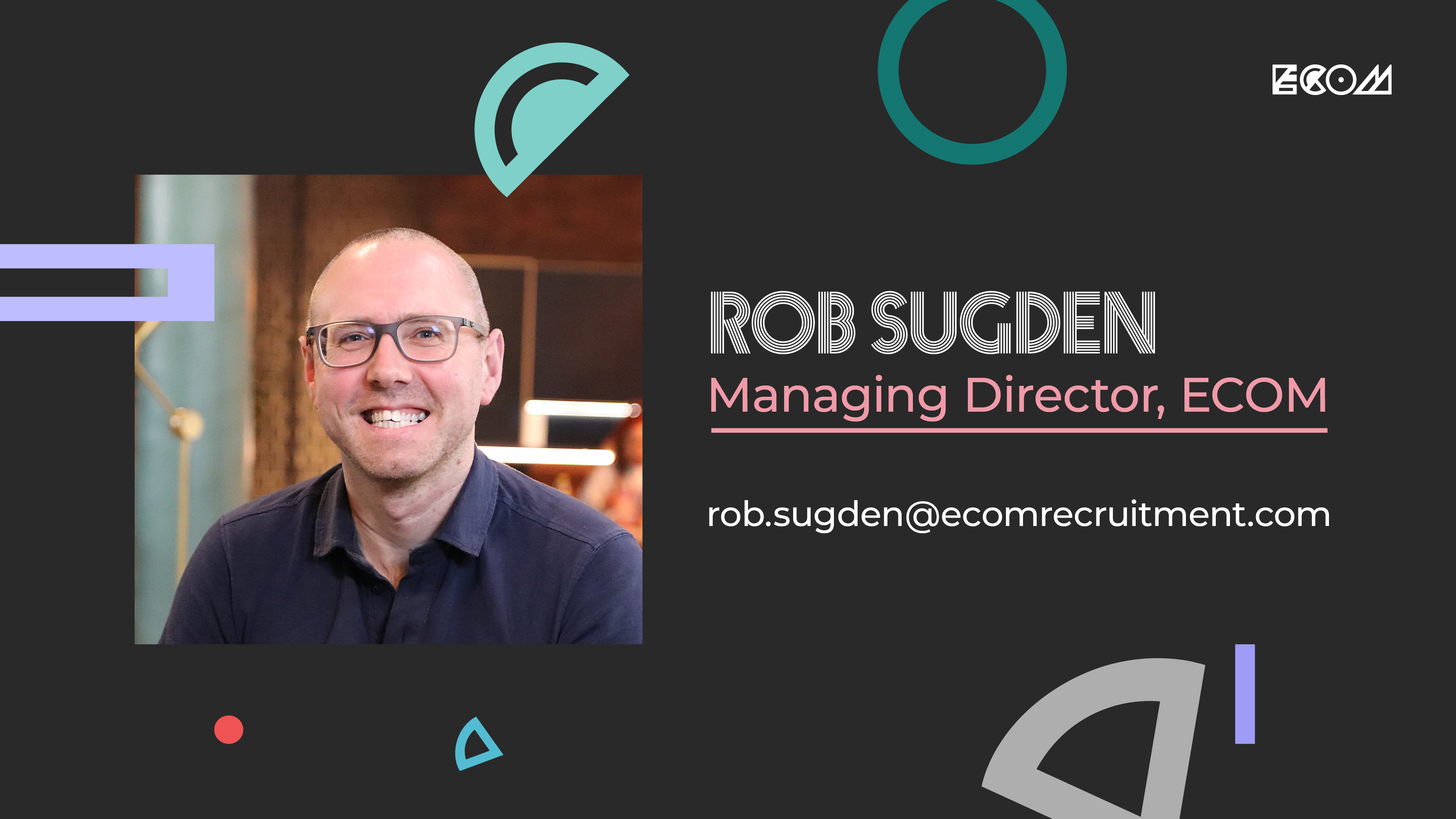2024 Digital Skills Predictions – Did I get it right?
Pubished 2nd December 2024
Written by Rob Sugden.
At the start of the year I delivered a key note speech at the Manchester Digital Skills Festival about predictions for the talent and skills market in 2024, you can find a blog on my predictions here - 2024 Digital Skills Predictions - ECOM. As we approach the end of the year I thought now would be a good time to look back and see if I got it right.
Before we look at my specific predictions, I thought it would be worthwhile taking a moment to consider the year we’ve had, the different factors that have influenced the talent market and the general outlook. 2024 has without a doubt been once of the most challenging years I’ve known in recruitment, it’s been a year typified by a lack of confidence resulting in a cautious approach to hiring and growth. This should be no surprise when you look at the macro factors affecting the market:
We’ve had a new government followed by a new budget then an American election all with the backdrop of two major conflicts, any of these factors on their own would create some level of caution, layered together they have had a significant impact on confidence. On top of this we’re coming off the back of the post pandemic boom where we saw the highest levels of growth we’ve experienced as an industry, this meant many organisations over hired at the time resulting in the huge tech layoffs we’ve experienced over the last 18 months. It all paints a picture of uncertainty and caution.

Headcount growth
I predicted we would see slow permanent headcount growth at the start of the year improving into H2. We have seen an increase in headcount growth over the back end of last year however it has not been substantial and hasn’t really improved as the year has gone on, remaining subdued throughout the year, in fact Q3 was a particularly difficult quarter with all the change and uncertainty I mentioned earlier.
Use of contractors
I suggested that we would see an increase in the use of contractors and this has definitely happened. Businesses have been looking to fill skills gaps to allow them to deliver on critical projects, launch new products, and stay ahead of the competition. With a lack of confidence in long terms plans they have been turning to both contract resource and consultancies to deliver this work. As I mentioned in my original article we always see contract use increase as we come out of an economic downturn so hopefully this is the early signs of a recovery.
Flexible employment models
I thought we’d see continued growth in flexible employment models such as fractional, shared hours contracts and gig economy workers. It’s difficult to say if this has increased or not, I can’t find any specific data on the subject. It feels like it’s something companies have considered more and more as similar to my previous point it often has a lower level of commitment however on the flip side candidates have valued job security more than ever this year.
Early careers
I predicted that early careers would take a back seat this year due to continued pressure on costs. Unfortunately this is definitely a trend we’ve seen with organisations running leaner than they have for a while and when they have hired it’s typically been for more experienced hires who can make immediate impact and bring with them a variety of skills and experience. This is something that’s worrying to see, it feels like for a lot of businesses this has been low on the priorities for a long time now, in the post covid boom everyone was too busy to develop talent and now businesses struggle to afford to, while this isn’t an immediate issue, as day follows night demand will increase and we will find ourselves with a skills shortage again which will be heightened by the lack of junior talent joining over recent years.
Candidate movement
I thought we would see candidates start to move more freely again with increased confidence in the market however as mentioned that confidence hasn’t really returned. While there has certainly been some increase in movement it’s not to the levels I had expected, people have chosen security over progression this year.
Back to the office
I said we’d see organisations increasing the number of mandatory days in the office, this is definitely happened with announcements throughout the year from businesses changing their hybrid work policies whether that’s just been getting stricter on employees sticking to the existing policies, small increases in the number of required days in or full returns to the office. Those organisations that have implemented significant changes have all seen an immediate impact on staff retention with employees hired under more flexible arrangements either unable or unwilling to adapt looking to move to a new role, they have also reduced their available talent pools with candidates requiring shorter commutes when in the office more often. What I think we will see though is those businesses improve their staff retention in the long run with those that remain and those that they hire under the new policies being more engaged with the business and culture.
Growth skills
I highlighted AI, Data and Security all as skill growth areas, and I don’t think it will come as a surprise to anyone that we have seen this happen in 2024. It seems every other article is talking about AI and it’s always a topic that comes up at the meetups and roundtables we organise. This increased interest in AI is fuelling a growth in Data skills as organisations look to better manage and organise their Data to allow them to benefit from AI. And with more and more of our lives online and criminals getting smarter and smarter the demand for Security skills won’t be going anywhere any time soon.

Conclusion
I certainly didn’t get it all right, while in the main I think my predictions we’re pretty accurate it’s clear we’ve not had the recovery I expected, while the use of contract has grown the market has remained subdued all year with permanent hiring being low and where it has happened processes often being drawn out and lengthy with companies not wanting to rush and looking for a higher levels of experience.
And what about 2025 what does next year look like? Well you’ll have to wait for my full predictions but I think we will see the market continue to recover but it will be slow gentle growth rather than the “hockey stick” return we usually see after a downturn. So while businesses will look to grow and invest they will want to do it in a more cautious way with better control over costs.
If you’ve got any questions about anything I’ve mentioned here or would just like to chat about the market, what we’re seeing and how this might affect you as either an employee or employer then drop me a line.


